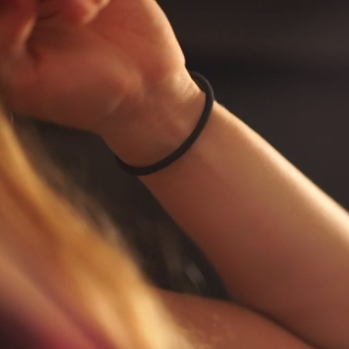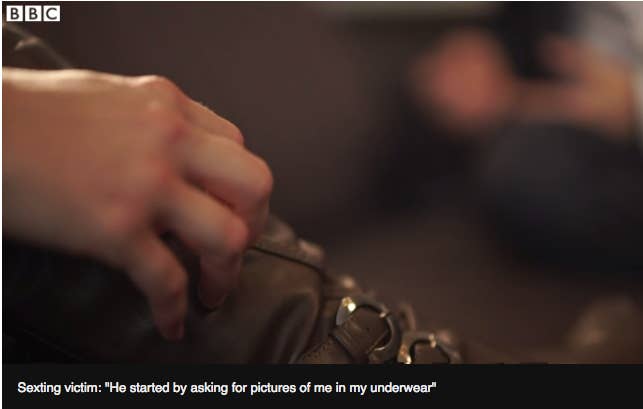A woman whose teacher persuaded her to text him nude pictures of herself when she was 16 years old has won £50,000 in personal damages in a case that could open the door to similar civil suits from victims of revenge porn.


The now 23-year-old woman, who cannot be named for legal reasons, sued her former school and William Whillock, 62, a former vice principal.
The case is of landmark importance because Whillock has already been dealt with by the criminal justice system – he pleaded guilty to four counts of possessing an indecent image of a child in 2010 and was given a community order.
The claimant was awarded a total of £51,0370, which includes £35,000 related to the "pain and suffering" caused by the sending of the images, according to the ruling.
The ruling from judge Sir Robert Nelson, handed down at the high court in September, also said Whillock drove the girl to a motorway service station where "kissing and touching" took place.
The woman, who suffers from severe epilepsy and attended a school for children with emotional and behavioural difficulties, told the BBC: "I lost all my self-esteem."

"Whenever I have a relationship, it's all in my head," she said. "I feel like they're going to abuse me again."
Whillock wrote the school's child protection policy, yet he sent the claimant emails signed with "Love you xxx" and called her late at night.
Whillock told the claimant to delete pictures and text she sent him. But she failed to delete all of them. Another staff member at the school, who was suspicious of the pair's relationship, noticed naked pictures of her on her phone after it was left at school.
He replied to one naked picture with "Mmmmm x" but then later claimed in court that he was referring to a meal the claimant had cooked.
The judge said he was satisfied that Whillock "was actively encouraging the claimant to send indecent photographs to him and that he did so because he was sexually interested in her and hoped to have a sexual relationship with her."
However, the case was complicated by the unreliable evidence of both the claimant and the defendant: The ruling said the claimant remained loyal to Whillock and that she said he had "done nothing wrong" after his arrest and was fearful for any retribution against him.
But a consultant psychiatrist told the court she was "a needy young person" who "turned for help to a man who exploited her vulnerability and breached the boundaries of an appropriate teacher-student relationship".
She suffered increased anxiety, self-harm, difficulties relating to peers, and a decrease in self-esteem during the 10 months after Whillock's arrest, the ruling said, the effects of which are ongoing.
The judge added that neither Whillock nor the claimant had been "fully truthful in their evidence".
Jonathan Bridge, of Farleys Solicitors in Manchester, told Buzzfeed News that people are mostly unaware that as well as being convicted under recent revenge porn legislation, offenders could now face a big fine.
"The damages side has been blown wide open with this case and it will open up anybody who has had their images shared without their consent to be able to bring a civil action," he said.
He added that claimants don't have to prove personal injury, just that they were distressed by the incident.
Sexting is already a big problem for schools, the police, and parents – and could now be compounded by claims for legal damages for historical crimes.
The NSPCC warned that children may use this precedent to sue not just convicted and alleged abusers, but each other.
"It's vital that there are serious punishments that deter offenders from committing these crimes against young people," a spokesperson said in an emailed statement.
"However, whilst damages could help discourage potential abusers, there is a danger that young people could just use this as a way to get cash by suing one another.
"It's important for victims to get justice. But it's equally important to educate children about not sharing this kind of explicit material."
